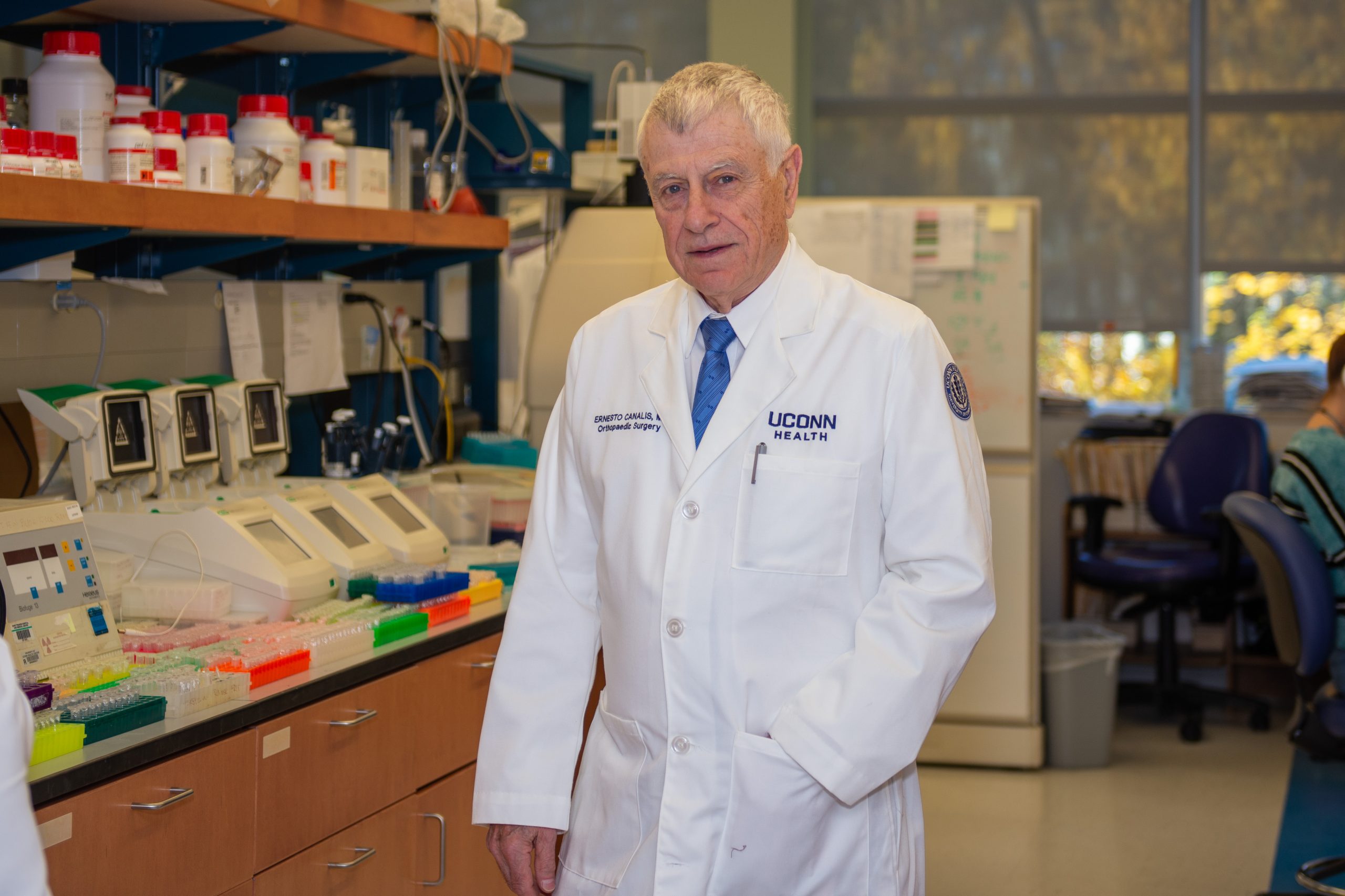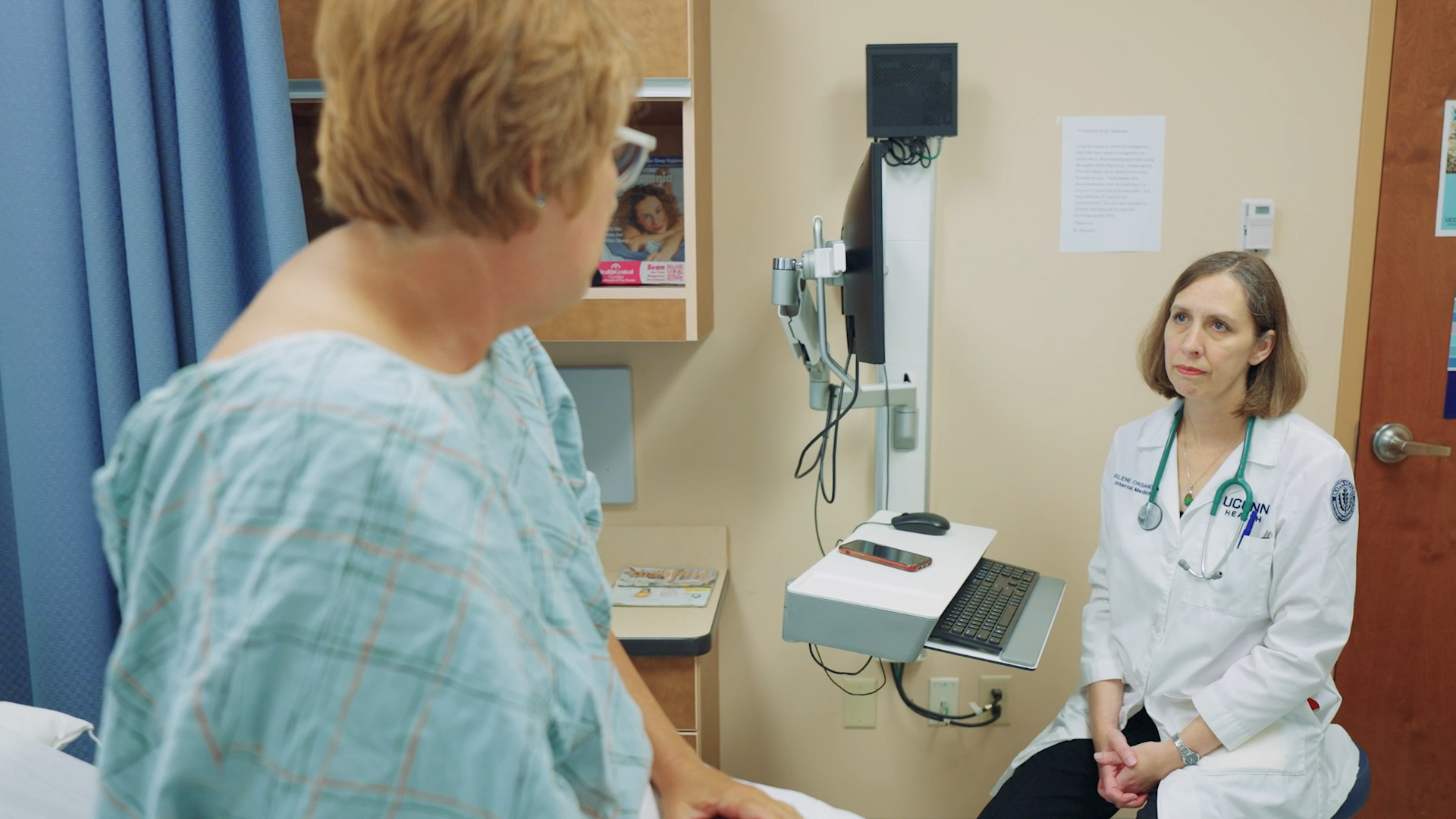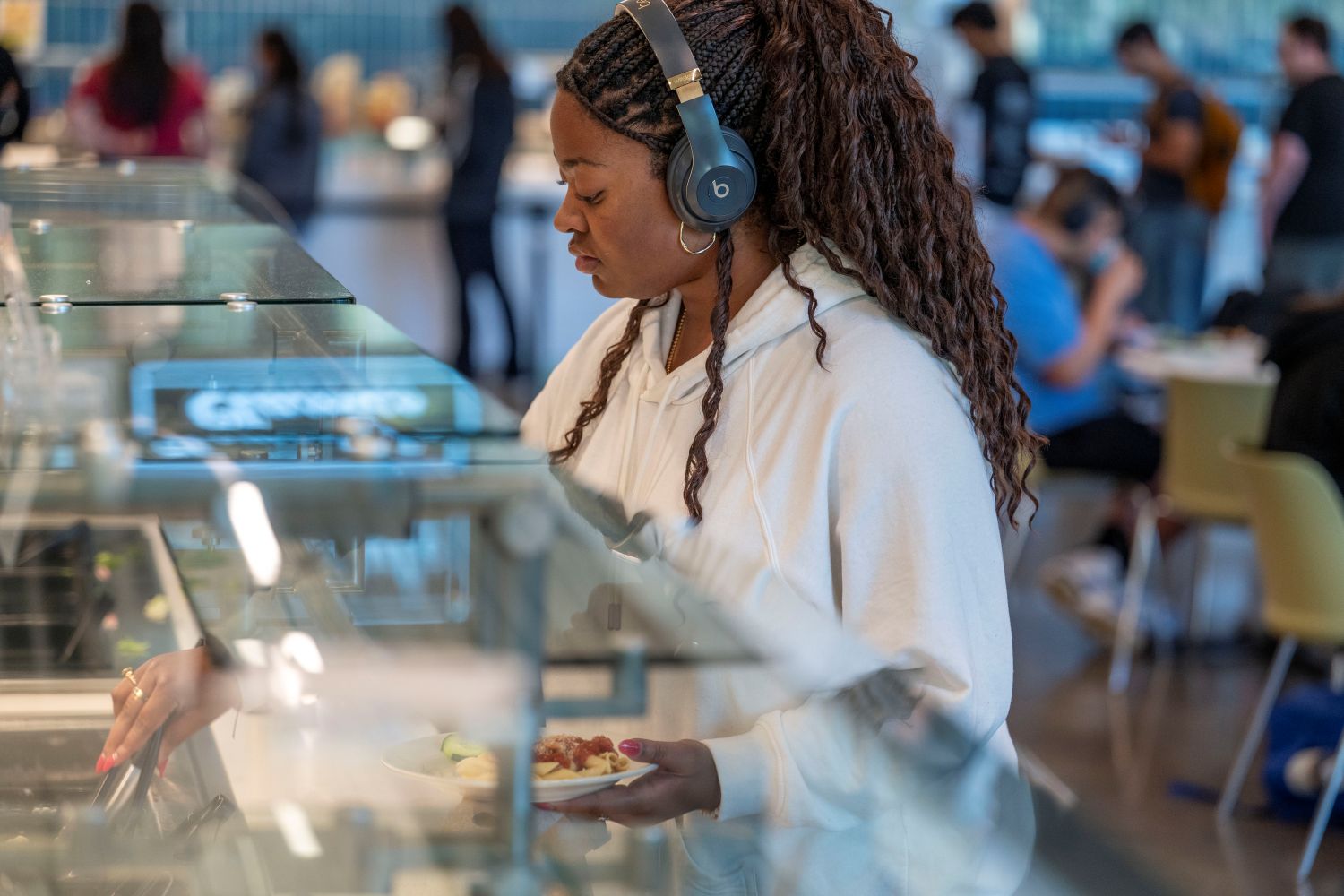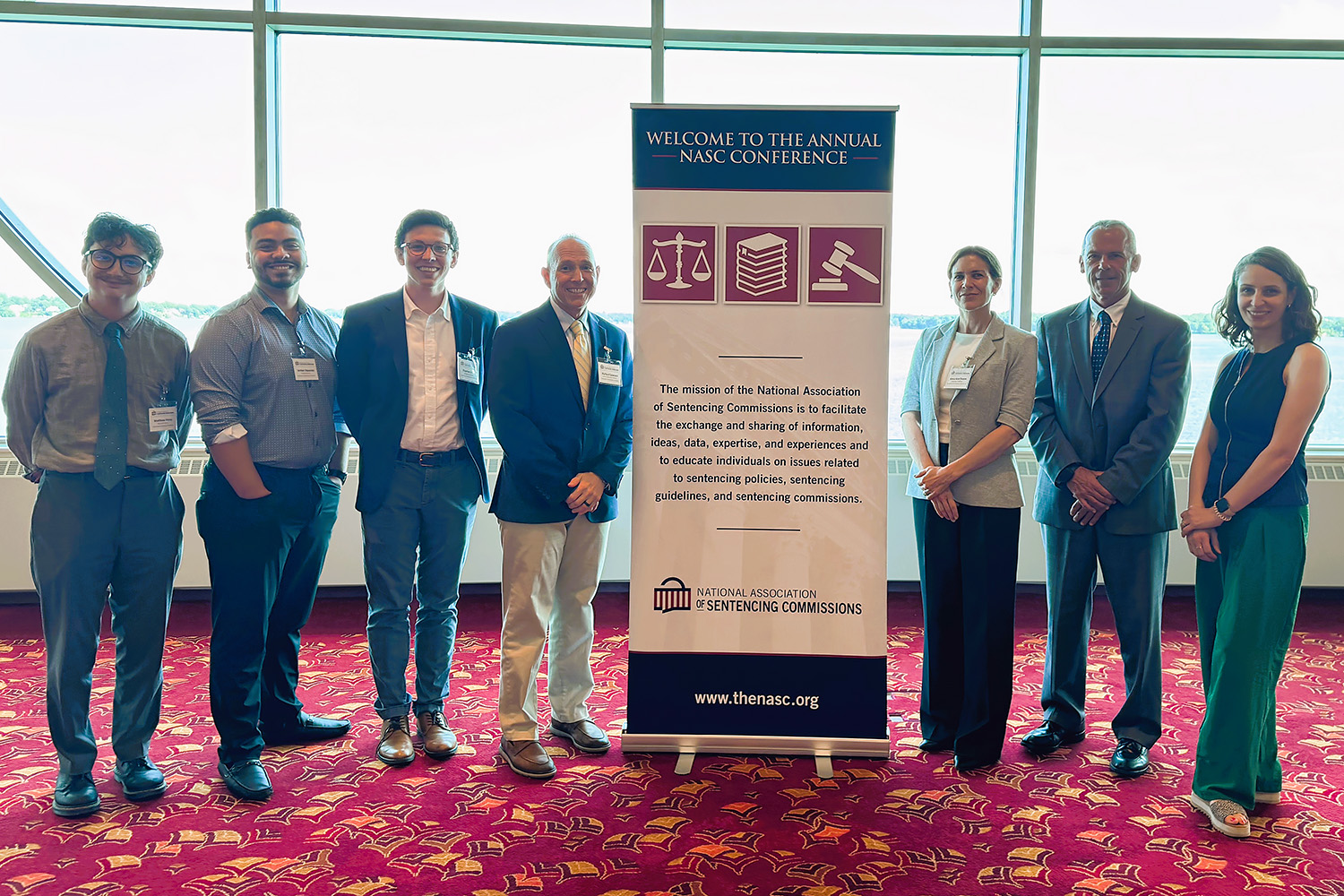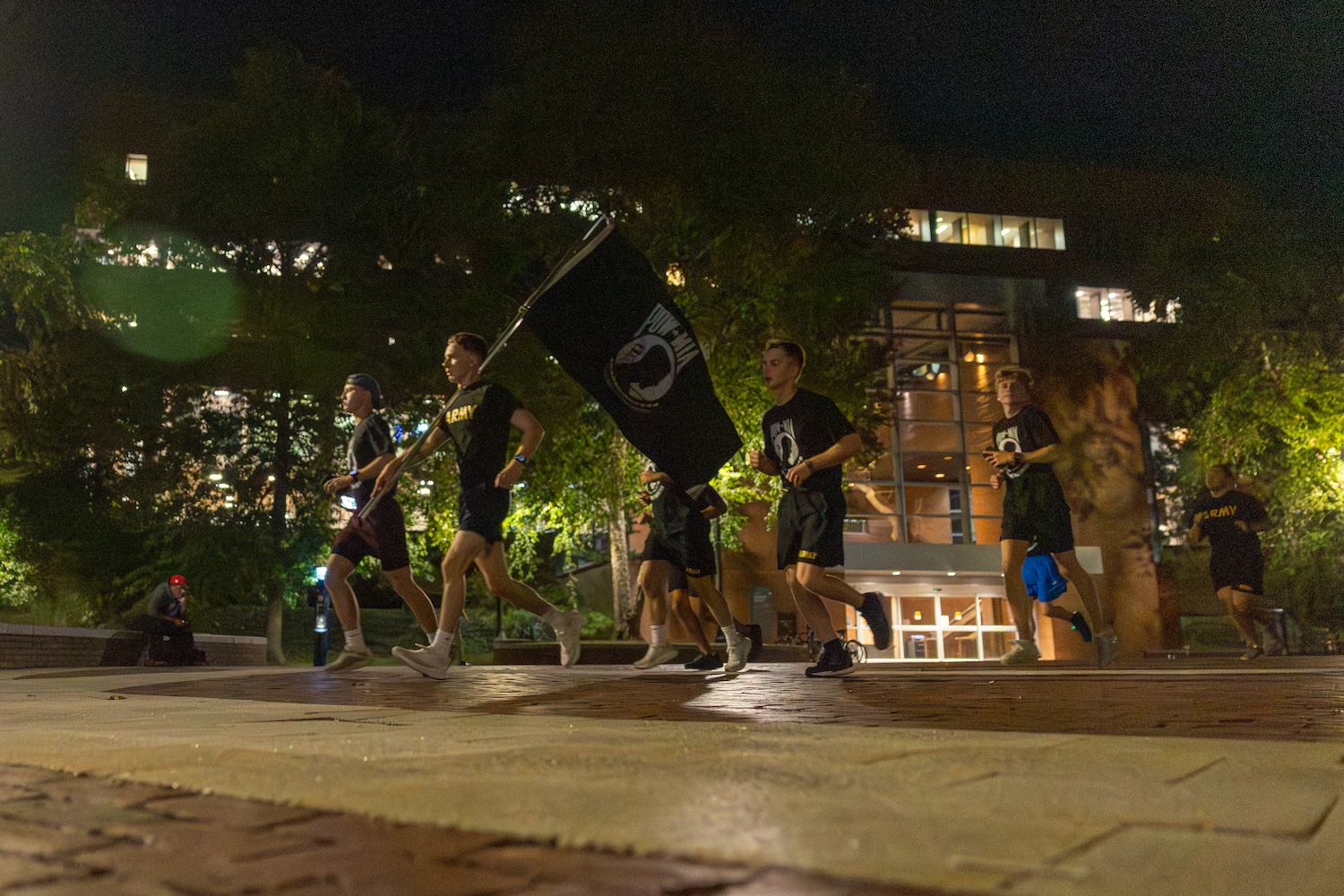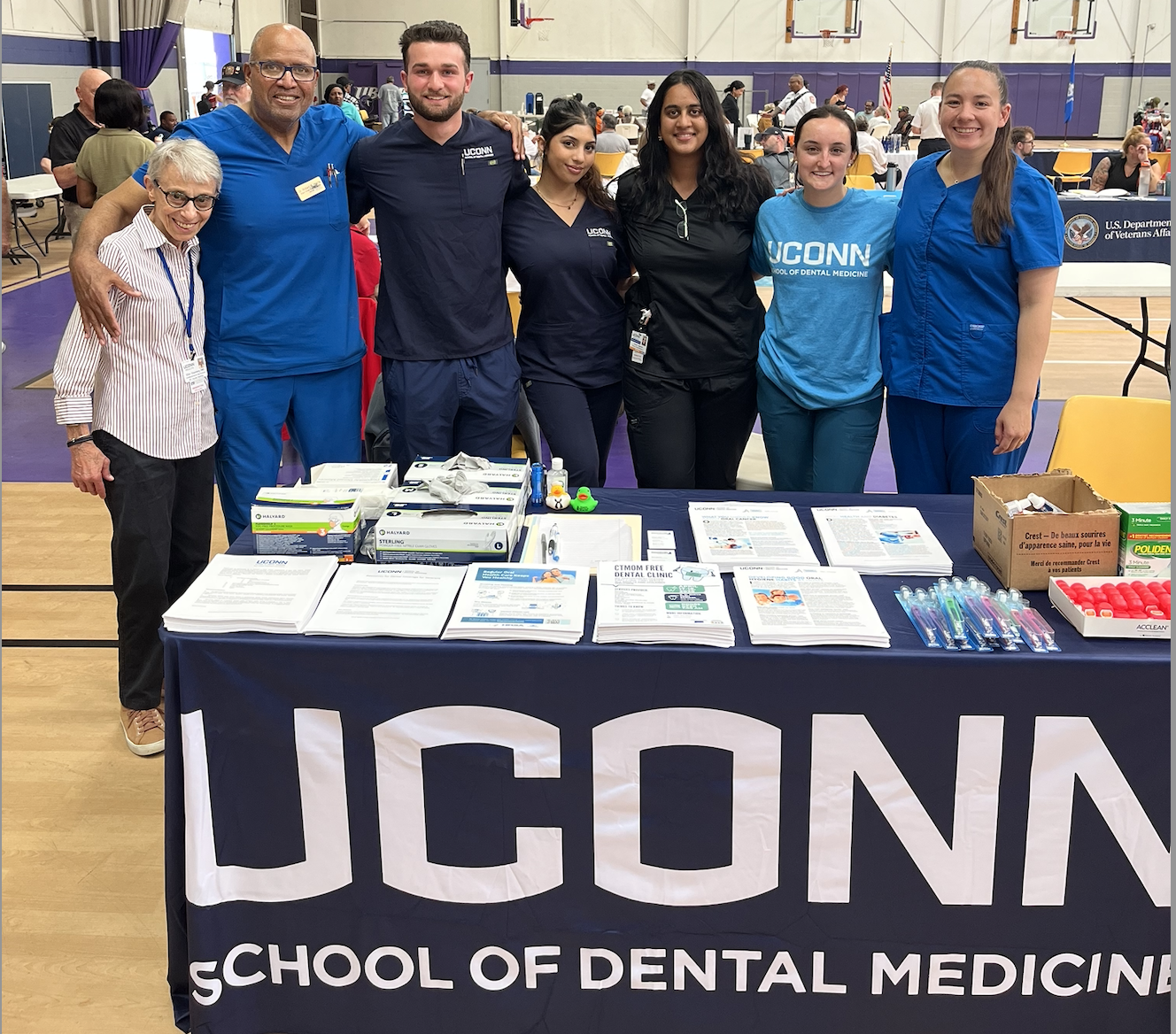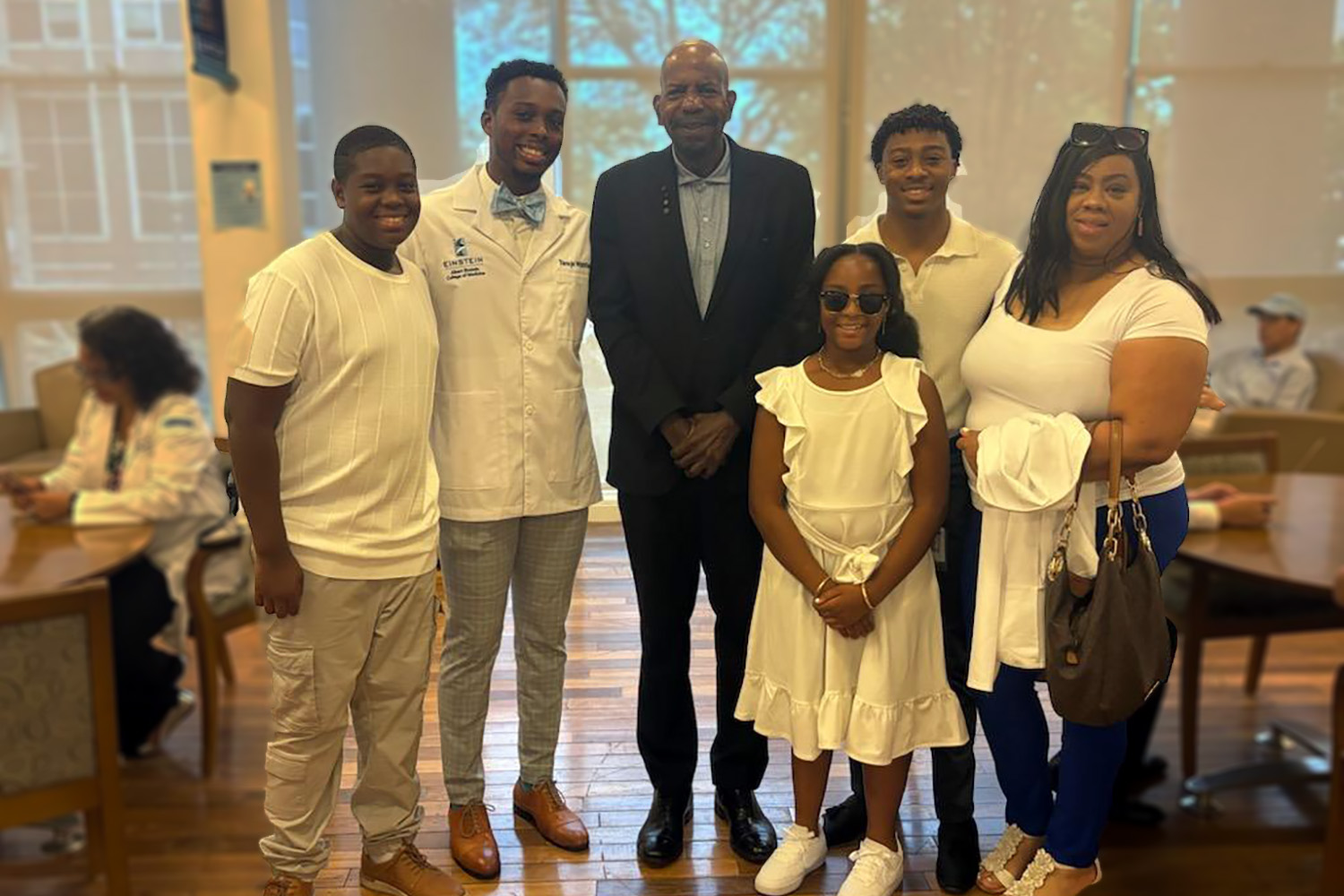Most Outstanding Abstract Honors for Dr. Ernesto Canalis of UConn
The research of Dr. Ernesto Canalis of UConn School of Medicine was highly honored at the annual meeting of the American Society of Bone and Mineral Research (ASBMR) this September.
Canalis’ presented basic science abstract, “Activation of NOTCH3 Precludes Corticalization and Skeletal Integrity,” received the 2025 ASBMR Most Outstanding Basic Abstract Award.
The award was bestowed upon Canalis as the lead investigator of the highest-ranking abstract submitted for presentation at the ASBMR’s Annual Meeting in the basic science category.
“Being selected is an honor and highlights the importance of our work,” shared Canalis. His best abstract honor was announced during the annual meeting’s highlights and awards ceremony.
The award honors the Canalis lab’s work in a very prominent way. In fact, it was selected from over 1,000 submitted abstracts.
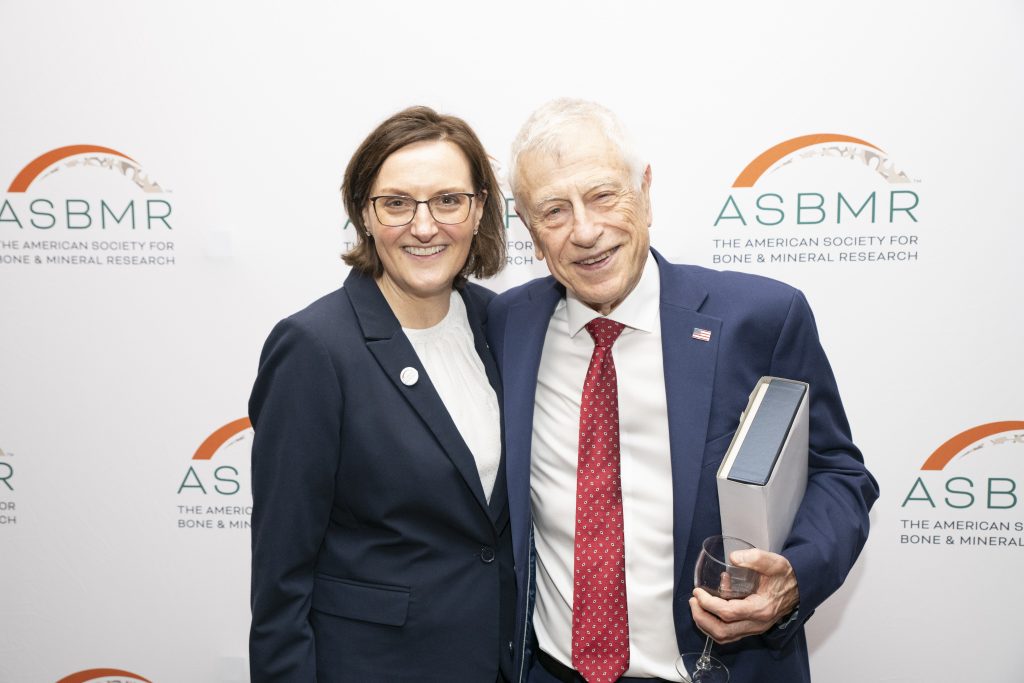
Canalis serves as professor of orthopaedic surgery and medicine at UConn School of Medicine and director of the Center for Skeletal Research. He is also co-director of the UConn Musculoskeletal Institute of the Department of Orthopaedic Surgery at UConn Health.
Canalis is an internationally renowned physician-scientist in bone metabolism. His laboratory is known for the discovery of skeletal growth factors and has pursued important investigations on the role of growth factors and their antagonists in skeletal function. His lab has made seminal contributions to our understanding of the mechanisms of glucocorticoid action in bone in an effort to explain the pathogenesis of glucocorticoid induced osteoporosis and correct the disease. The laboratory’s recent work has centered on factors determining osteoblast and osteoclast cell fate and function.
These investigations include studies on the role of Notch signaling in osteoblast and osteoclast cell differentiation. Cellular and genetically engineered mouse models are used for the research conducted by the group. The laboratory is particularly interested in translational research and has created genetically engineered mouse models of Hajdu Cheney Syndrome and Lateral Meningocele Syndrome, devastating diseases characterized by bone loss and fractures. The studies have allowed the team to determine mechanisms of the bone loss and are exploring ways to prevent the skeletal disease. Recently, a mouse model of non-classical osteogenesis imperfecta was created. These mouse lines have allowed the study of mechanisms relevant to disease pathogenesis and the development of novel therapeutic avenues, including the use of antisense oligonucleotides.
As part of Canalis’ recent work, the laboratory investigated the mechanisms that lead to the formation of cortical bone during early life, but with an impact on skeletal health throughout the life of the individual. Impaired formation of cortical bone could lead to bone fragility and fractures later in life. The findings of this work formed the basis of the abstract presented at the 2025 annual meeting of the ASBMR.
The Canalis laboratory has been continuously funded by the National Institutes of Health (NIH) since 1981. In 1990 it received a MERIT Award from the National Institute of Musculoskeletal and Skin Disorders (NIAMS). Currently, the laboratory is funded by NIAMS.
Latest UConn Today
- UConn Health Minute: AI-Powered CareHealthcare providers and patients now benefit from an artificial intelligence transcription tool which allows physicians more facetime versus screen time.
- Nutritional Quality of College Dining Options Vary by Location, Time of DayA new UConn study shows how food options impact college students' nutrition
- From Classroom to Commission: Public Policy Degree Fast-Tracks CLAS Alum’s CareerTommy Dowd ’22 (CLAS), ’23 MPP explores criminal justice policy, lands full-time role with the Connecticut Sentencing Commission
- 24-Hour Service Run Held to Remember POW-MIAsThe run began with an honor lap, which featured the carrying of the American, Connecticut, and POW/MIA flags, along with the flags of the Army and Air Force
- Dental Students Screen Over 90 Connecticut VeteransStudents performed screenings and connected veterans across state with important resources at annual Stand Down event
- Dr. Cato T. Laurencin’s Former Mentees White Coat CeremoniesFour former students and mentees of Professor Sir Cato T. Laurencin are embarking on the next segment of their medical education journeys.



